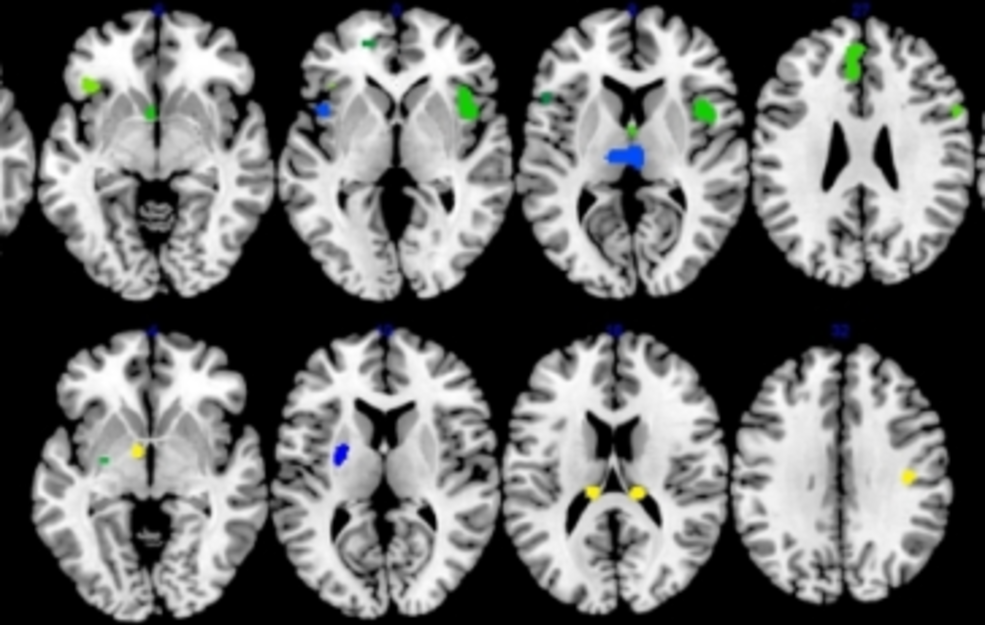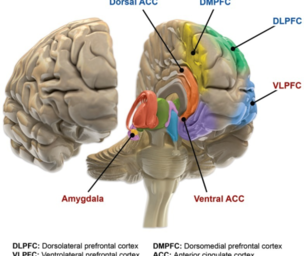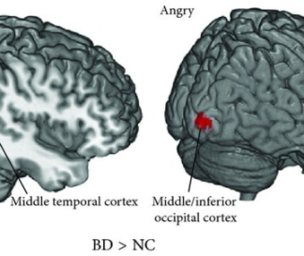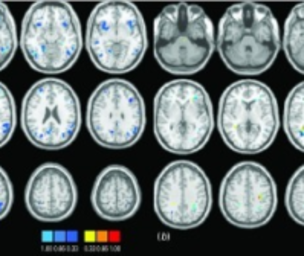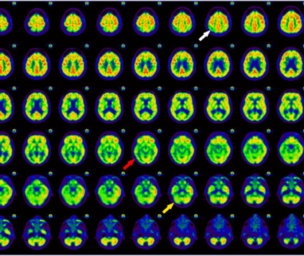Manic Depression
Bipolar Disorder, or Manic Depression
Manic depression is a debilitating condition that affects millions worldwide. However, it can be treated with the right medication, therapy, love, patience, and care.
This condition, formerly known as manic depression and now called bipolar disorder, continues to affect millions worldwide. It causes patients to experience periods of heightened activity with episodes of hyper mania, psychosis, and even hallucinations. Patients often imagine situations where none exist, and often display a tendency to create grandiose background stories for themselves.
Although this condition is debilitating, even in the initial stages, it can get progressively worse as time goes on, with more grandiose conspiracies, paranoia, and even episodes of psychotic rage. With wild mood swings, patients often find it near impossible to resume normal life unless treated.
While patients can experience periods of extreme elation, their condition is more often characterized by depressive moods that can last for long periods of time. As a result, this condition was tagged as manic depressive disorder before being renamed bipolar disorder.
Manic depression, or bipolar disorder, is a malady that affects more than ten million people worldwide today. Patients might display a wide variety of symptoms, from rage to sleeplessness, as well as hyperactivity. They may also experience advanced psychosis and even hallucinate. This condition can be managed with the right medication.
Causes of Manic Depression
This condition can be caused by several factors, chief among them being genetics and stress. With an early diagnosis, patients can expect to lead a normal life with appropriate treatment and rehab. The patient, after successful treatment, would be expected to meet up with the doctor periodically so that the condition can be monitored around the clock to prevent any recurrence.
Counseling
The impact on immediate family members can be stressful, since patients with manic depression often have a hard time remembering their last episode or what they may have done. This is one of the reasons why such patients need immediate counseling and diagnosis, after which the treatment process can begin. Both the family and the patient need to be counseled on the condition and the challenges they will have to face as a family.
This is why it is important for family members to participate in the treatment process, since the patient would be most comfortable around them. So, if your loved one is displaying characteristic episodes of manic depression, you need to check in with a specialist and a health center to make sure your loved one is diagnosed correctly and the right treatment is prescribed.
Once the counseling session starts, the specialist may ask for background information and, after a few other tests, will make a diagnosis regarding the condition of your loved one. Depending on the severity of the condition, the doctor may recommend the patient be admitted immediately to a health center for further treatment with therapy for the mood swings. The family may be asked to participate in the treatment in the initial stages to make the patient feel at ease, after which a full course of treatment will be administered.
Symptoms of Manic Depression
The patient can exhibit several symptoms, including reduced weight, headaches, chronic pain, extreme mood swings, fatigue, guilt, and insomnia, among others.
The individual suffering from manic depression will not always experience a manic episode however, they would also experience long durations related to unstable moods. Those who are normal individuals without manic depression do come across highs and lows in their mood but the same is not the case with people suffering with this illness. The mood changes which they encounter is quite different than these highs and lows. Those individuals suffering from bipolar often have poor performance at work, trouble in school due to their behavior and have a troubled relationship. In those individuals who have a severe form of bipolar often tend to commit suicide. Those with bipolar often experience an intense emotional state which is also referred to as mood episodes. Below are few of the symptoms which would be experienced by someone in a depressive mood:
- Changes in behavior which are drastic
- Feeling worthless or feeling emptiness from within
- Feeling restless
- Getting irritated very easily
- Try to attempt suicide
- Low in energy and encounter fatigue as well
- Having difficulty in concentrating
- Forgetful nature
- Problems with decision making
- Lose interest in pleasure activities such as sex
- Change in eating patterns or loss of appetite
- Changes in sleeping habits as well.
Symptoms of manic are:
- Getting extremely irritated or agitated
- Getting easily distracted or feeling restless
- Talking very quickly which others are unable to keep up with
- Taking part in high risk behavior such as having unprotected sex, putting in money on gambling, making foolish decisions.
- Mind with racing thoughts
- Sleeping very less
- There are long periods of intense joy or euphoria
Treatment for Manic Depression
This disorder can easily be treated, and most doctors will often prescribe a course of lithium to enable speedy recovery. Apart from medications, the health center may ask your loved one to undergo therapy in a one-on-one session with a counselor, as well as attend group therapy. Their interactions would be monitored around the clock and, more to the point, the patient would be encouraged to talk about their paranoia, fears, and anxieties. This is to enable the patient to take the first steps to recovery so that they do not pose a danger to themselves or others. The patient will also be given antidepressants along with lithium, as it can help depressive moods.
Apart from medication and counseling sessions, the patient would also be expected to take part in fitness exercises and physical therapy. This is done to ensure the patient’s health does not suffer as a result of the current treatment. Moreover, physical activity increases serotonin, which acts to relieve the dark mood swings. With physical exertion, patients can bond with each other, which only serves to speed up treatment.
The patient would also be taught social skills, how to address others, as well as receive training to develop a certain skillset that can enable them to integrate with mainstream society once released. It is essential that the patient feels confidence in their own abilities and no longer displays any signs of mania depressive disorder, after which they will be ready for release.
Usually, the family is kept informed and, after a few more counseling sessions, the patient would be released. But they would be required to take certain medications for a long duration post-release and attend counseling sessions to prevent a relapse and recurrence of the manic rage.
Manic depression is indeed a debilitating condition, but one that is entirely treatable today. It is important that the patient be given all the love, support, and understanding upon release. The patient needs to feel loved by all, as this can further boost their confidence. The first step to getting treated for manic depressive disorder is never easy, but it usually starts with the patient and the immediate family understanding that they have a problem. With love, patience, care, and devotion, your loved one should be able to resume their normal life and get back into mainstream society.
This is why you need to ensure you support your loved one every step of the way as they combat manic depressive disorder. An early diagnosis is important, as it can help your loved one be completely treated much faster.

